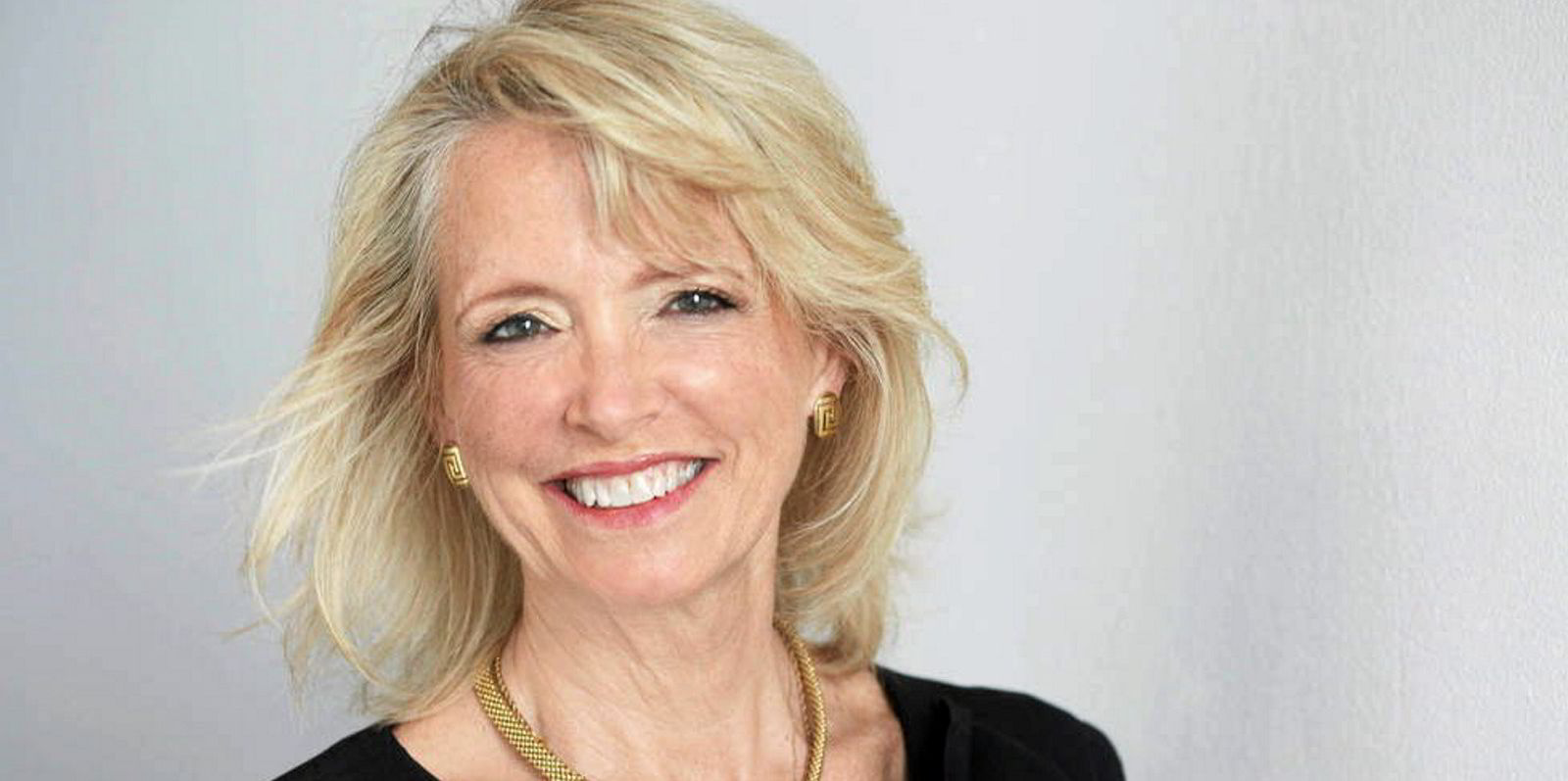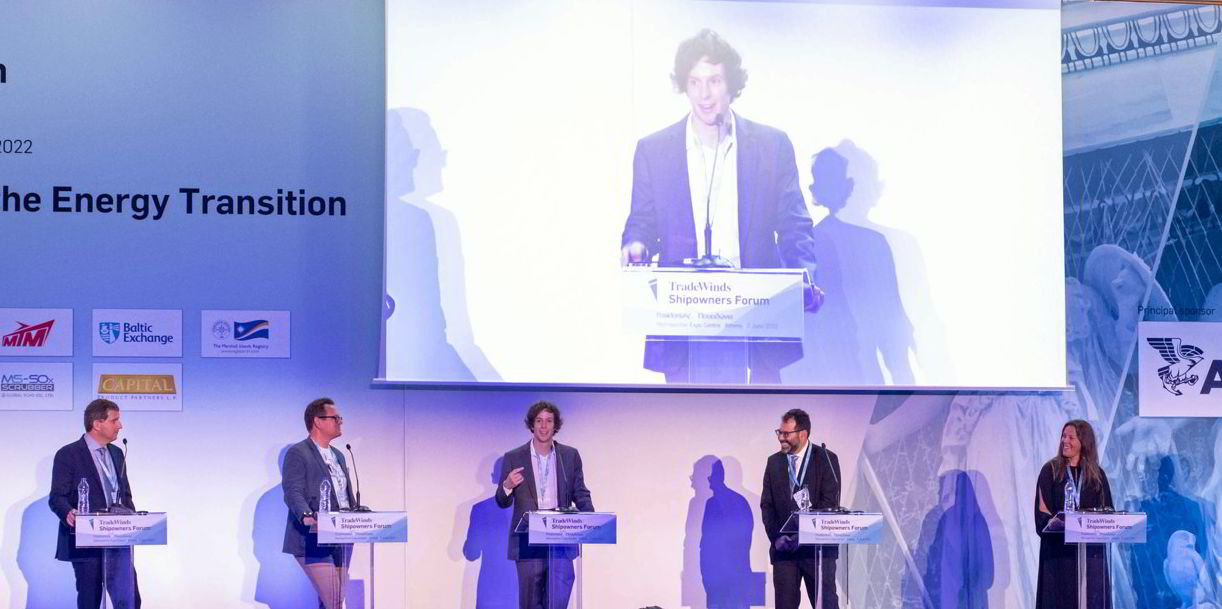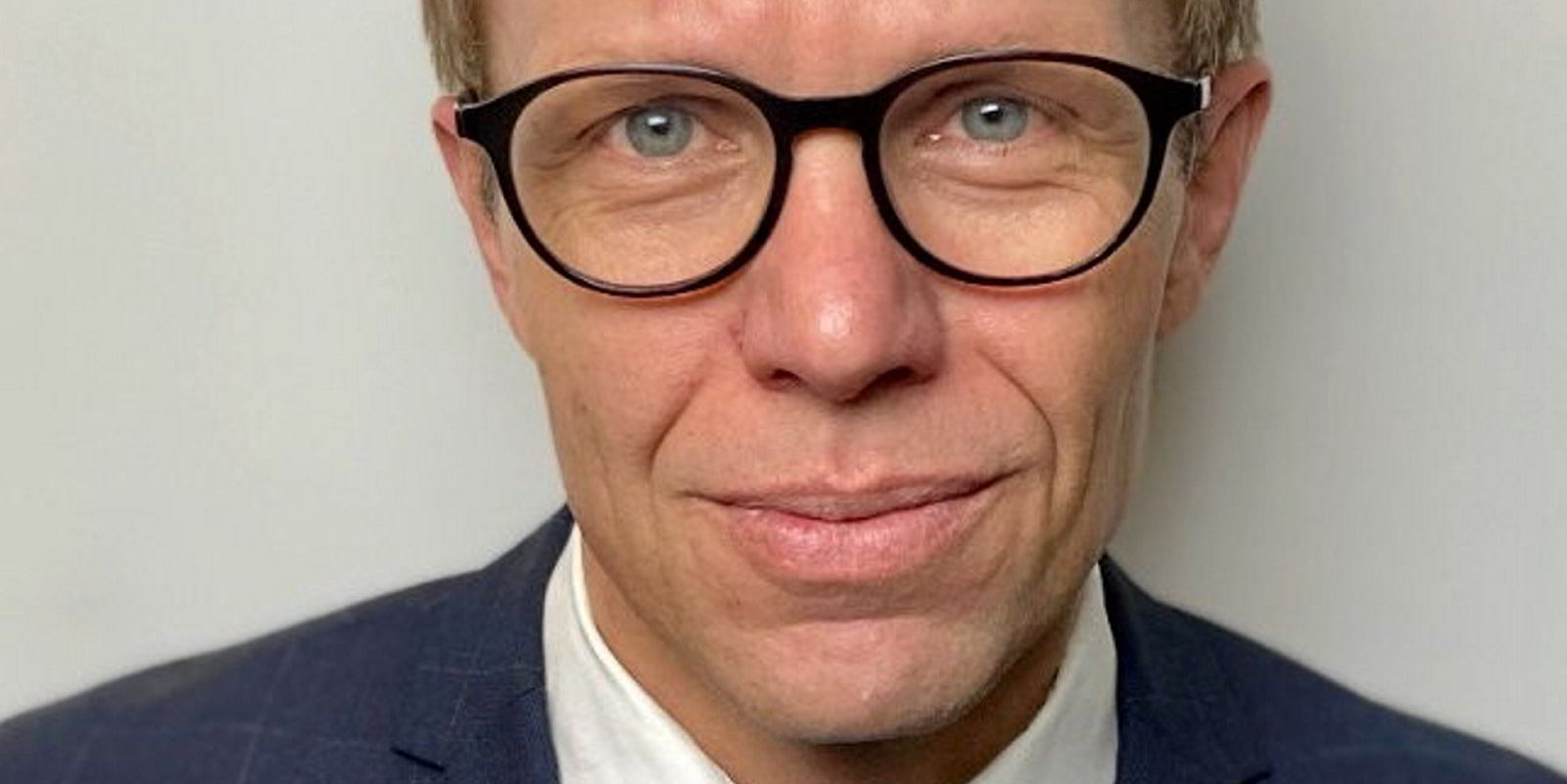A growing plethora of companies are dotting the maritime technology landscape with offers to help shipping companies use digital tools to optimise voyages and vessel performance.
They have propagated, and raised cash from investors, as what began as a way to harness data to cut fuel costs is now being touted as a tool for reducing shipping’s carbon footprint.
“There’s so many of them that I stopped counting them,” said Jochem Donkers, a maritime technology specialist at Skysail Advisors, which maps out the sector’s landscape.
Experts who track digital vessel and voyage optimisation firms believe this crowded space is ripe for consolidation to bring scale, or in need of harmonisation to help shipowners and operators make sense of the offerings.
Donkers expects to see a combination of consolidation among vessel optimisation platforms and rapid scaling up of the stronger names.
He sees ZeroNorth, the optimisation platform launched by AP Moller Holding-controlled Maersk Tankers, as a candidate to take that second route. It has Cargill, the commodities giant whose ocean transportation subsidiary is a leading bulker operator, as a major shareholder.
“I suspect that we will find a concentration towards a couple of larger solutions,” Donkers told TradeWinds.
What are touted today as optimisation platforms have their roots in performance monitoring software that emerged after the 2008 shipping crash, as a way to trim costs by factoring route, weather and other data, before they become increasingly sophisticated, grappling with greater availability of data from vessels.
As shipping hurtles towards the first global carbon rules in January, cutting emissions has become a central selling point, although this is no doubt aided by the fact that cutting fuel spend also means reducing CO2.
“What concerns me is the lack of harmonisation and standardisation for these platforms,” said Carleen Walker, chief evolution officer at SHIPPINGInsight, which organises a forum on fleet optimisation technology.
“It’s an extremely valuable opportunity to save money — and now, of course, we talk about saving emissions. But we need to harmonise the technologies so that crew can transfer from company to company and be effective.”
Harmonisation has been done before. She pointed to the International Maritime Organization’s standardisation of electronic chart display and information systems, known as ECDIS.
But Walker would like to see the industry self-regulate, with shipowners and managers expecting standardisation across platforms.
That applies not just to the software, but to sensor technology that ensures that data shows what ships are actually using and emitting.

Investment banker Nikos Petrakakos, managing director of clean maritime technology-focused Ursus Maritime Capital, said it is not easy for a shipping company to evaluate the many solutions in a fragmented market, without expensively test-driving several options.
Harmonising those myriad options will be tough, but consolidation is likely one way or another, he told TradeWinds.
More customers needed
And at the moment, all of the optimisation tech companies have small customer bases, which serves as one driver for consolidation.
“Not everyone’s going to be able to have Cargill and Maersk behind them to go raise good money, so I have a feeling … we’re going to stop seeing new start-ups in this field,” Petrakakos said.

“The tech landscape within shipping is growing — there are a lot of untapped opportunities — but the performance monitoring one is completely overcrowded.”
Shipowners and their customers will increasingly have to collaborate to reduce emissions, and charterers are expected to demand more performance data. That will be another driver for consolidation, Petrakakos said.

Digital optimisation technology is increasingly sold under the emissions-reduction banner, but experts point out that this is aligned with the cost benefits of reducing fuel use, with both contributing to rising demand from shipping companies.
“The optimist in me says it’s on the environment side,” Walker said of this growing demand. “The benefit is on the cost side.”
But she said upcoming carbon regulation, in addition to growing environmental, social and corporate governance pressures, should tip the balance more to the drive to be greener.




